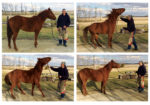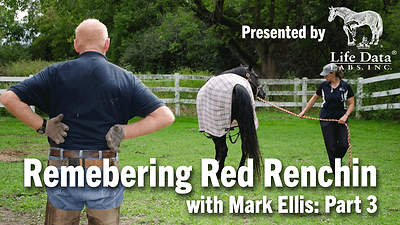Advertise Follow Us
Business Practices
Free At Last!
Turning a low-cost horse trailer into a shoeing rig lets this farrier use his truck for many other purposes
Read More
Training Horses to be Farrier-Friendly
Tips and tools you can recommend to get your clients’ horses to stand better
Read More
Giving Your Opinion for a Pre-Purchase Exam
It is important to reserve your opinions on a horse specifically related to its footcare
Read More
Shoeing For A Living
Finding Success In Simplicity
Organization, tough choices and hard work help Missouri farrier to excel
Read More











